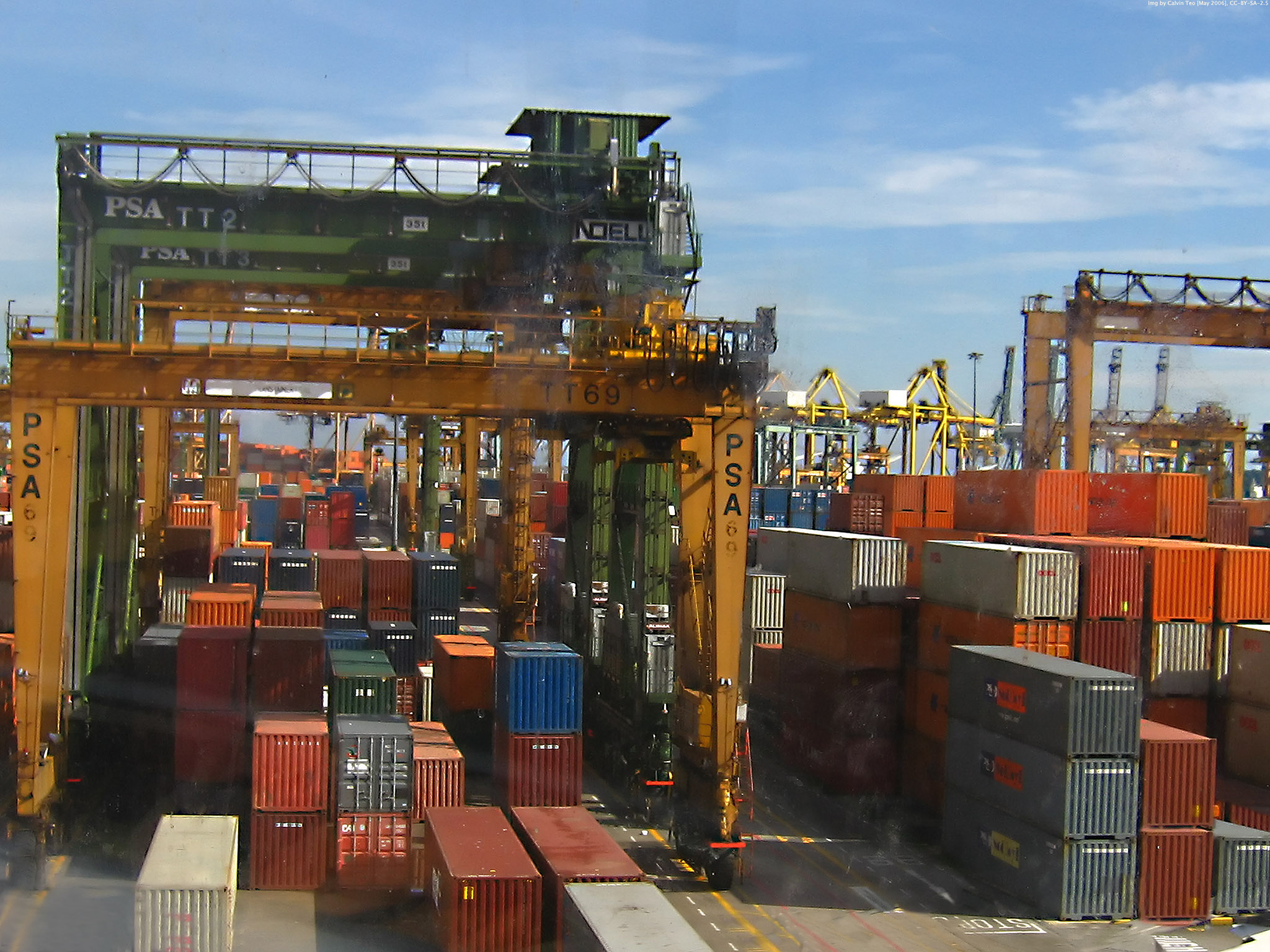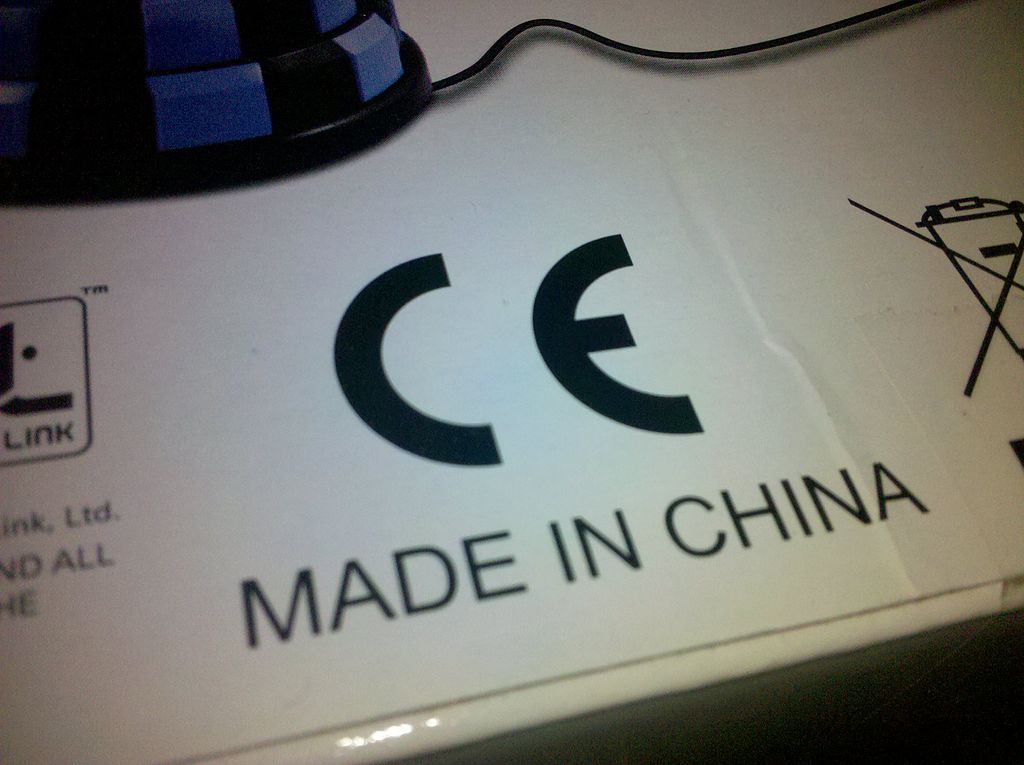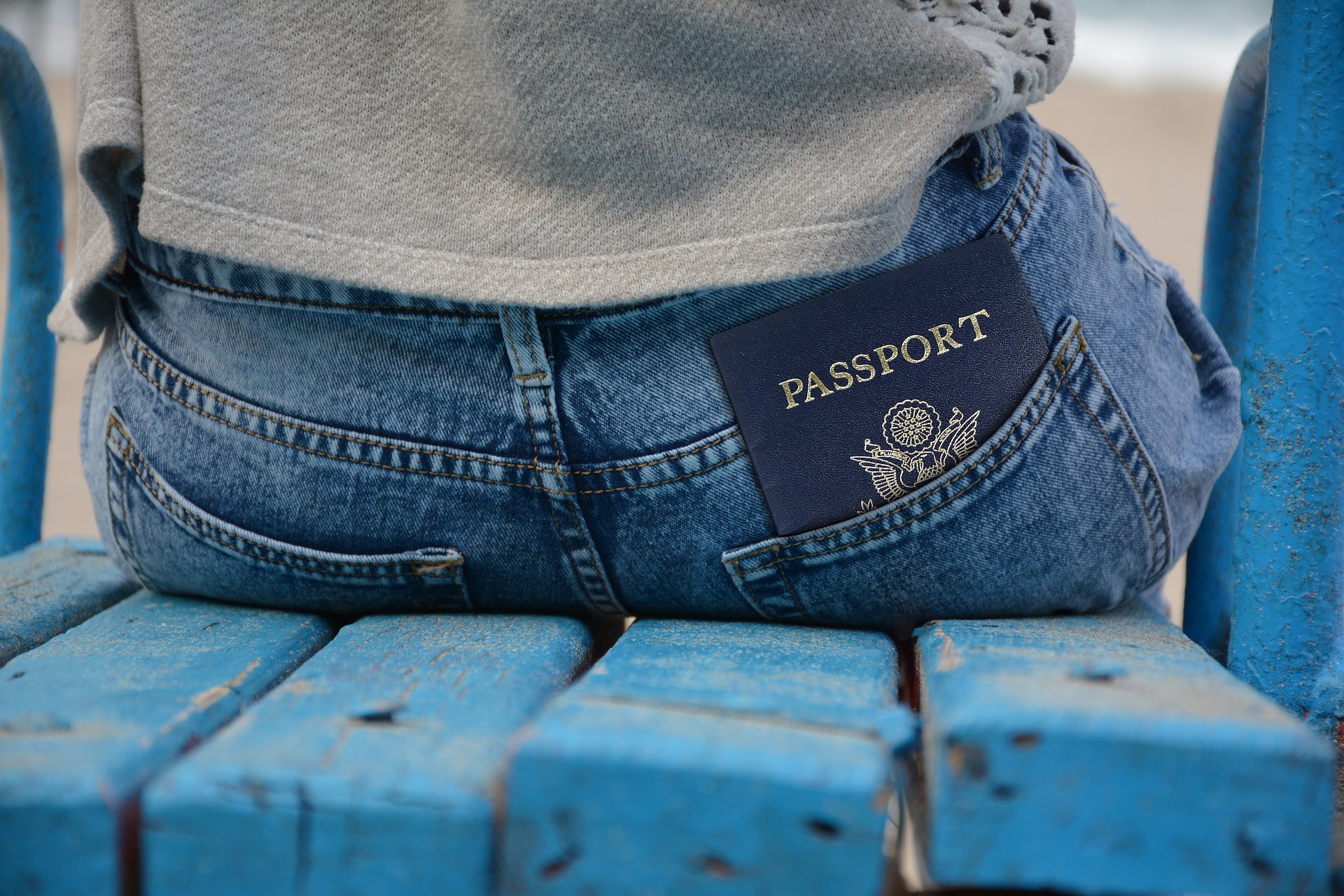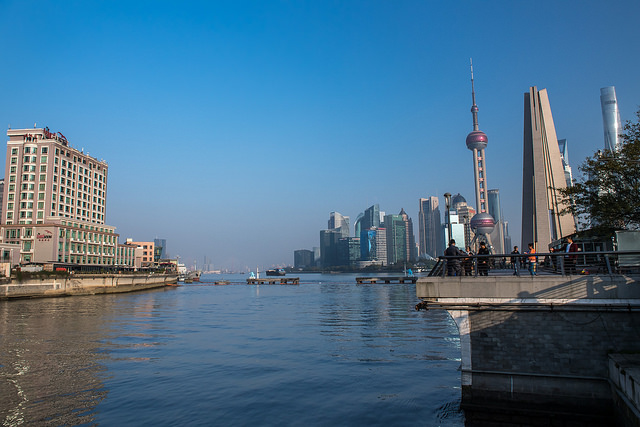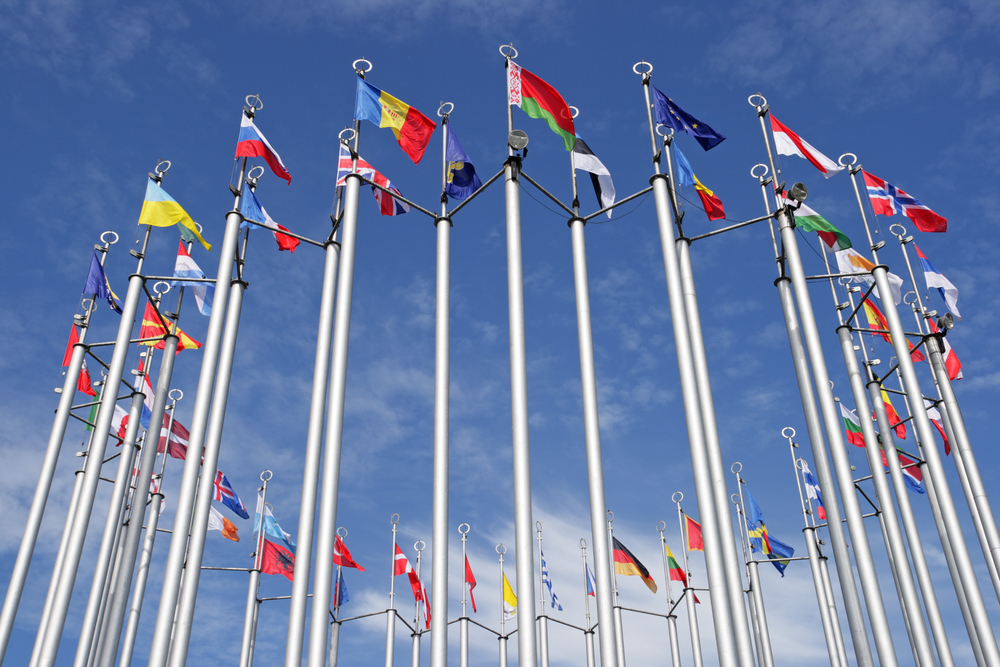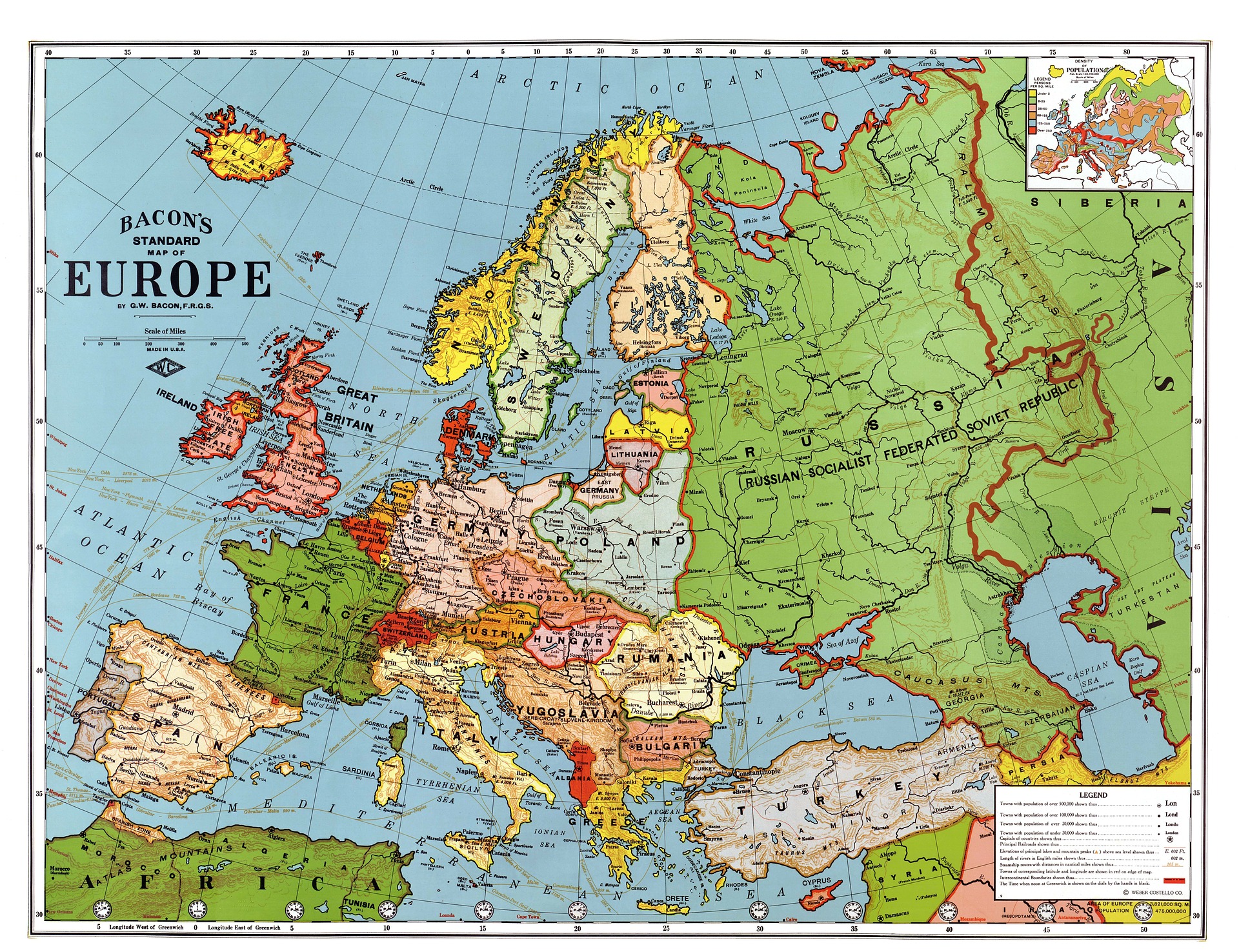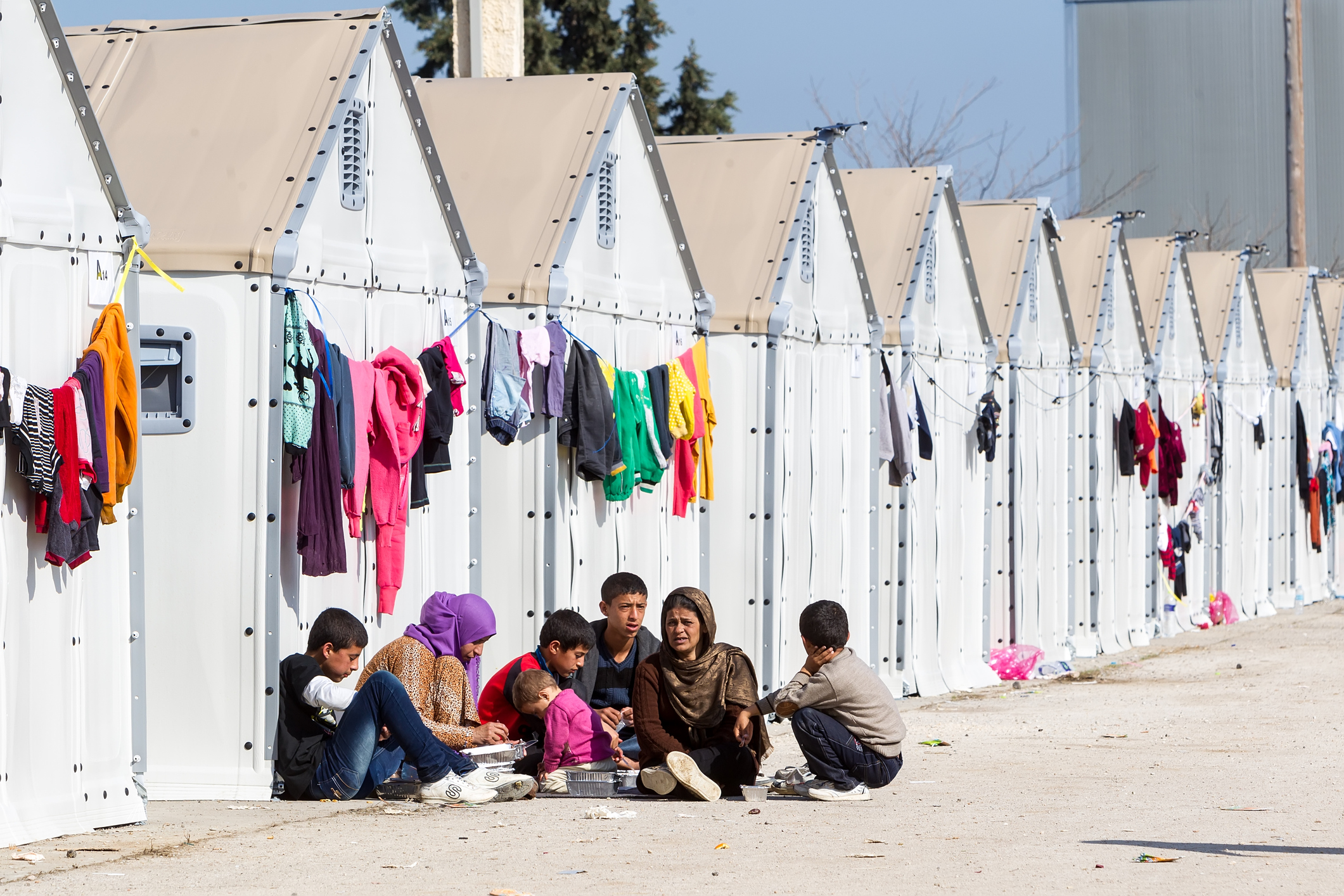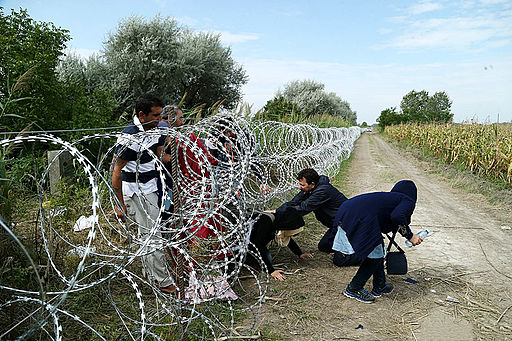Latest blog articles
-
Broad ‘EU-only’ trade agreements can constitute the new normal of EU external trade action, only if such agreements exclude portfolio investment and investor-state dispute settlement provisions from their scope.
-
The European Union is currently in the process of overhauling its anti-dumping regime, changing the methodology in a way that it hopes will appease China while preserving the effectiveness of the EU’s trade defence instruments. However, in his Master Thesis Olav de Wit, LL.M. of the Master...
-
The apportionment of the EU’s tariff rate quotas is key when assessing the legal implications of Brexit for the UK's agricultural sector. It is unclear if the UK will manage to establish in-quota tariffs for the products of its interest that replicate the existing levels.
-
Asylum cases are characterized by a general lack of documental evidence to support the applicant’s identity, origin, and persecution story. As such, in deciding on a claim, government officials typically have to rely on the applicant’s own testimony and general information about the country of...
-
A law and economics analysis of corporate sustainable theories and practices. PhD thesis by Mengxing Lu.
-
On 6 June, IGIR fellow Dr. Iveta Alexovičová, Assistant Professor of International Economic Law, Faculty of Law, Maastricht University, delivered a lecture entilted "Substance alongside procedure - a lesson learned?".
-
“The fact that there is a maximum number of hours in a week that you are allowed to work, that web shops are compelled to provide you with the option to return your purchase within seven days, that our tap water must meet certain requirements. This all sounds very Dutch, but it is in fact European...
-
The increased flow of asylum applicants and migrants to the EU in recent years has not only put considerable pressure on the reception systems of Member States, but at the same time raises challenges regarding the integration of newcomers at the national and local level.
-
How would a world look like in which judicial decisions would not be taken by judges, but by intelligent machines? Or where, at least, those machines would serve as a crucial decision support for judges – or perhaps even simply law clerks – to take judicial decision?
-
Anyone who thinks that all asylum seekers who are granted a residence permit in the Netherlands stay here forever, is wrong.
